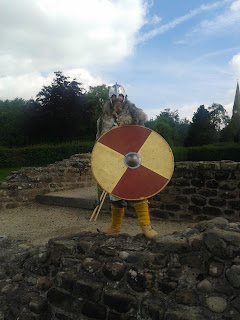A common
problem for creatives can be finishing a project. This can be particularly so
if you are struggling and finding it difficult to be creatively motivated or
breach an obstacle. Fear of failure, over-editing as you write and writers’
block are a few examples of issues writers can face.
Sometimes it
can be beneficial to put a project down and leave it to gestate a while.
However, if you find you do this more often than not, and never seem to finish
anything you start, it could be time to reassess your approach. Here are a
couple of ideas.

Don’t rush
yourself. Have patience and trust that you can take as long as you need to
complete your work, to ensure it’s as good as it can be and also that you don’t
become stressed about trying to reach those infamous words: “the end”.
Familiarise
yourself with your productive ‘sweet spot’ – how long you can be successfully
creative for in one session. Whether it is 10 minutes or 2 hours, know it and
arrange the relevant lengths of time into your daily schedule (in and around
your other commitments). This way, if you know you are a 5-minute writer, you
can allot 5 minutes and be happy when you finish the time slot, rather than
disappointed because you scheduled a one-hour slot and only did 5 minutes!

Finally, have a serious talk with the perfectionist within you. When it comes to redrafting and editing your work, do not allow yourself to go through too many permutations. Agree with yourself at what draft you will send it off for editing and reserve a final draft stage when the editor's results come back to you for finalising the piece. Hopefully you will reach 'The End'!


















